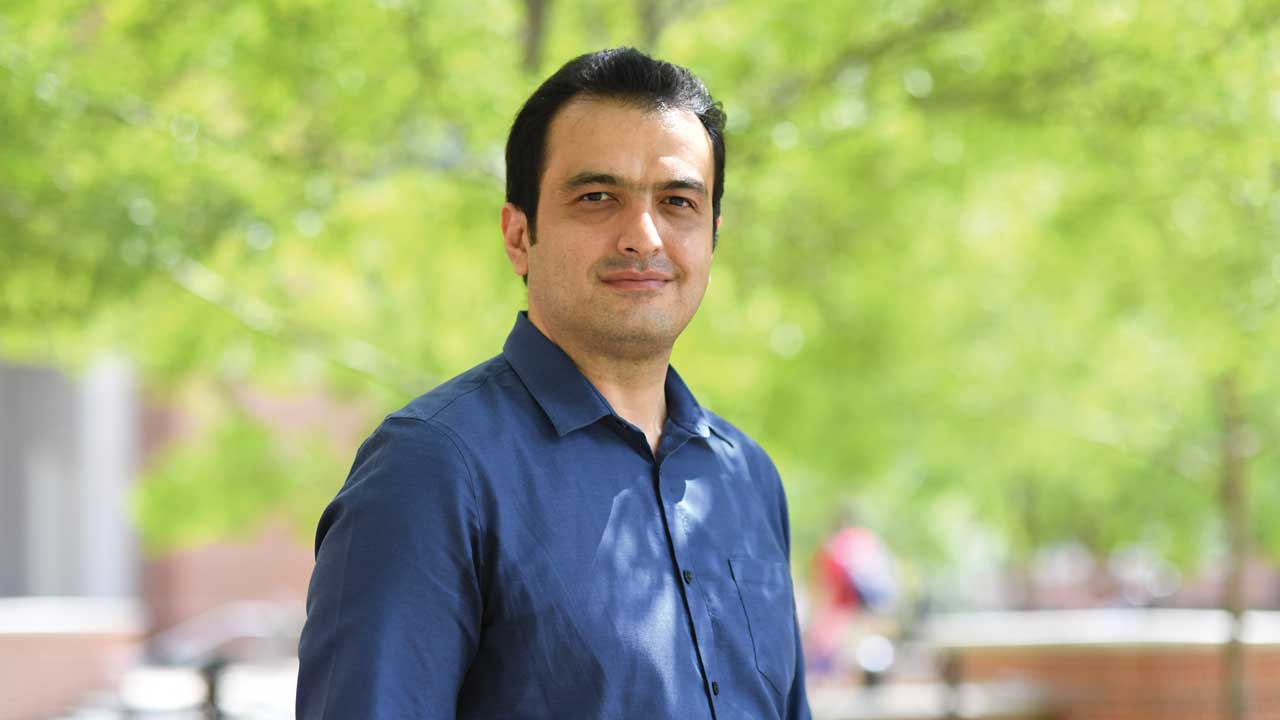Mechanical and materials programs receive NSF funding for undergraduate transfer students
Published: Aug 17, 2021 10:34 AM
By Virginia Speirs
The Department of Mechanical Engineering and the Materials Research and Education Center recently received a grant totaling nearly $1 million from the National Science Foundation for a program that will improve the academic success of undergraduate mechanical engineering and materials engineering transfer students.
Majid Beidaghi, associate professor of mechanical engineering and Ginn Faculty Achievement Fellow, is the principal investigator on this project. He believes that many undergraduate transfer students, especially within the mechanical and materials engineering fields, have a hard time transitioning after transferring to Auburn.
That is why, with this program, a select number of students will receive either a full scholarship of $10,000, or a partial scholarship of $6,000, to aid with the transfer.
“This program is focused on giving scholarships to students in STEM,” Beidaghi said. “There are some criteria of what kind of students can receive scholarships. The first is low-income students, which is based on their financial situation such as how much scholarship they have and how much loan they have. The money is limited, so there is a bit of competition.”

Leonard Taylor, assistant professor of educational foundations, leadership and technology in Auburn’s College of Education and co-principal investigator on the project, specializes in the academic portion of the program and is focused on the educational practices that will support transfer students, he said.
“Specifically, my area of expertise is the different educational practices that will be a part of supporting transfer students in mechanical and materials engineering for this program,” Taylor said. “Also to generate research to help us understand how to improve similar programs everywhere.”
Students who receive this scholarship will be in a cohort with the other scholars, Beidaghi said. Along with receiving a monetary award, students will be able to attend events and other activities with the other transfer scholars, such as study events and lectures.
“There is an introductory course for incoming transfer students that lasts for eight weeks,” Beidaghi said. “And then we add four weeks on top of that for these scholars specifically, so they can get to know each other better and we can explain how the program works.”
Other activities such as career events and research seminars will be available to the scholars. Additionally, students will be paired with a faculty member to help with their research.
“So, it’s not just the scholarship that you get,” Beidaghi said. “There are all these other programs that are available for this group of students.”
Hopefully, the number of students that can be accepted into this program will grow, Beidaghi said. The lectures, for example, could eventually be put online where there would be no limit for participants, and there could be a larger attendance, he said.
“Auburn has a really rich opportunity and strong potential to lead conversations around diversity in STEM, particularly in mechanical and materials engineering programs,” Taylor said. “To see that so many students are coming from other schools, it creates a really unique opportunity for us to figure out better ways to support transfer students.”
The co-principal investigators of the grants include Ed Davis, associate professor of mechanical engineering; Robert Jackson, professor of mechanical engineering; and Jeffery Fergus, professor of mechanical engineering and associate dean for undergraduate studies and program assessment. Others involved in the management team of the grant are Janet Moore, assistant dean and director of engineering student services; Candi Vann, assistant director of academic advising; and Jessica Taylor, director of recruiting and scholarships for the College of Engineering.
Media Contact: , jeremyhenderson@auburn.edu, 334.844.3591
Majid Beidaghi

